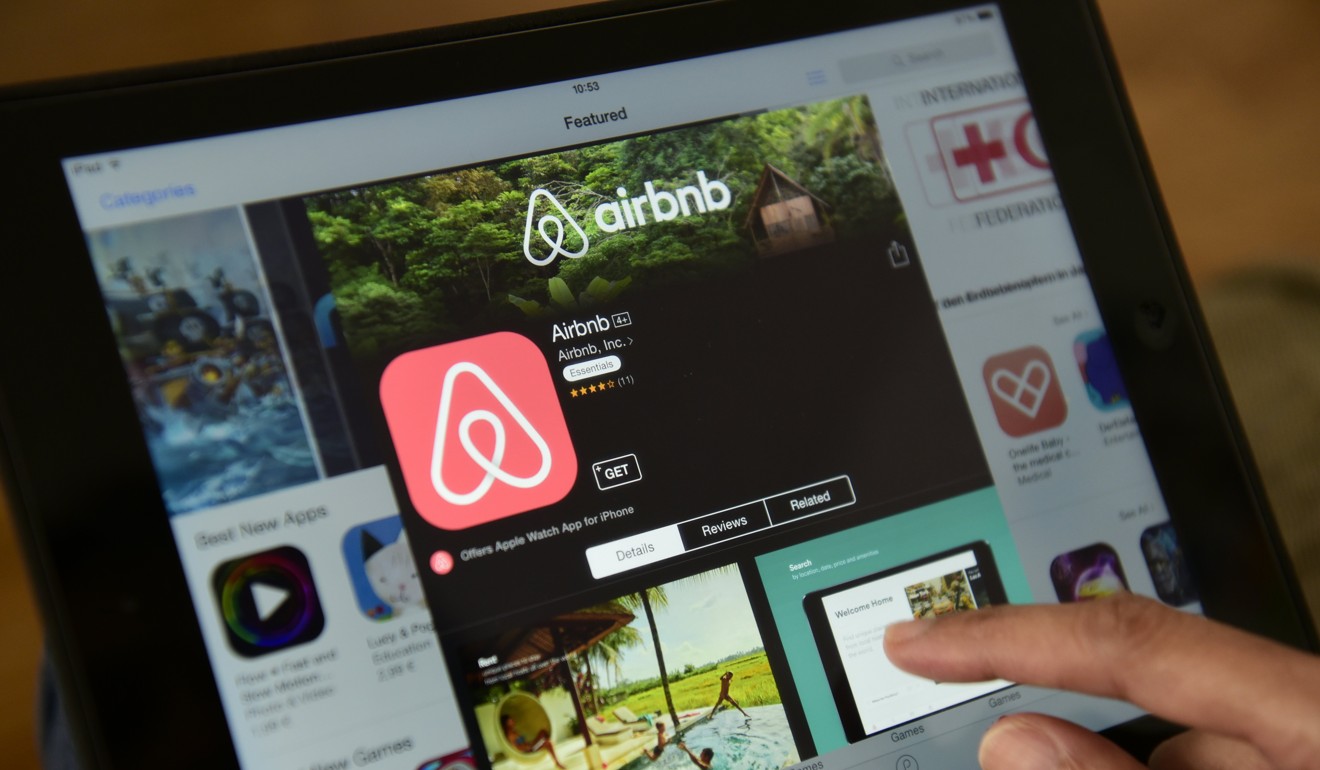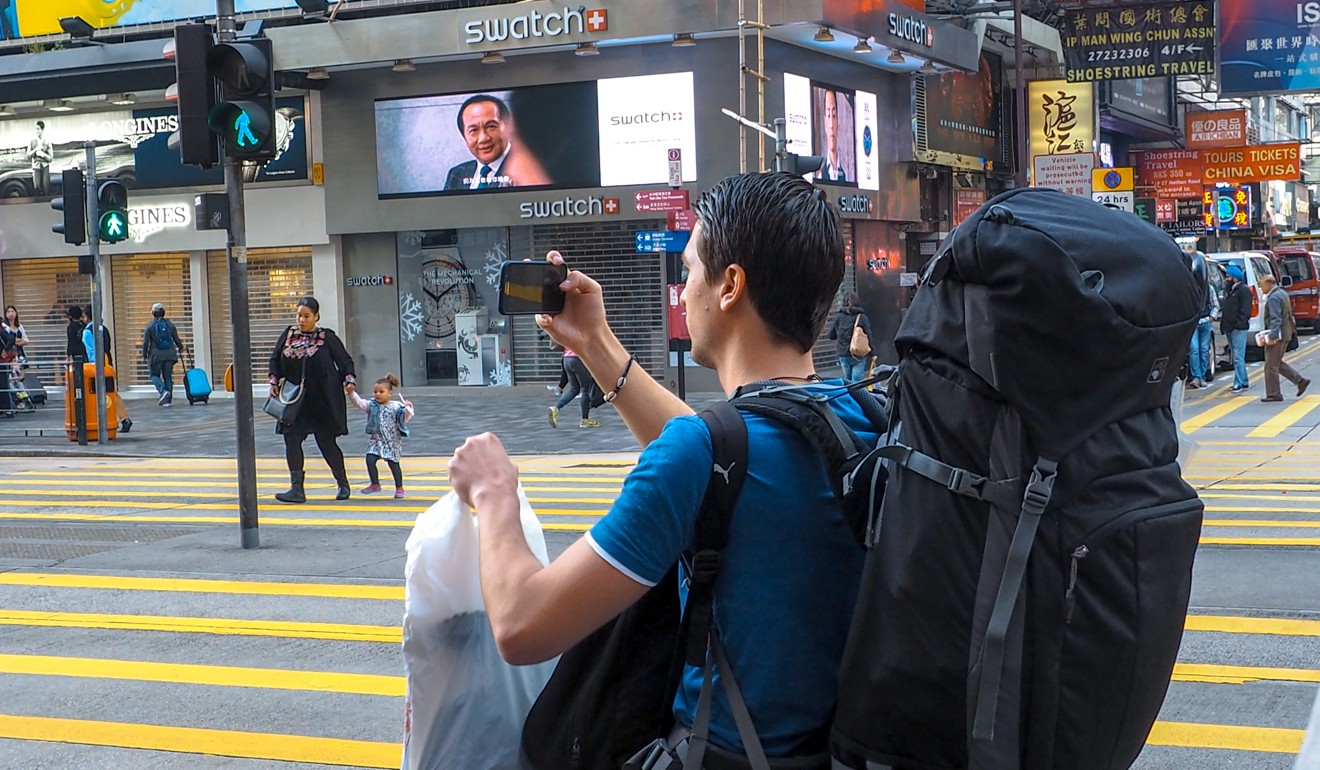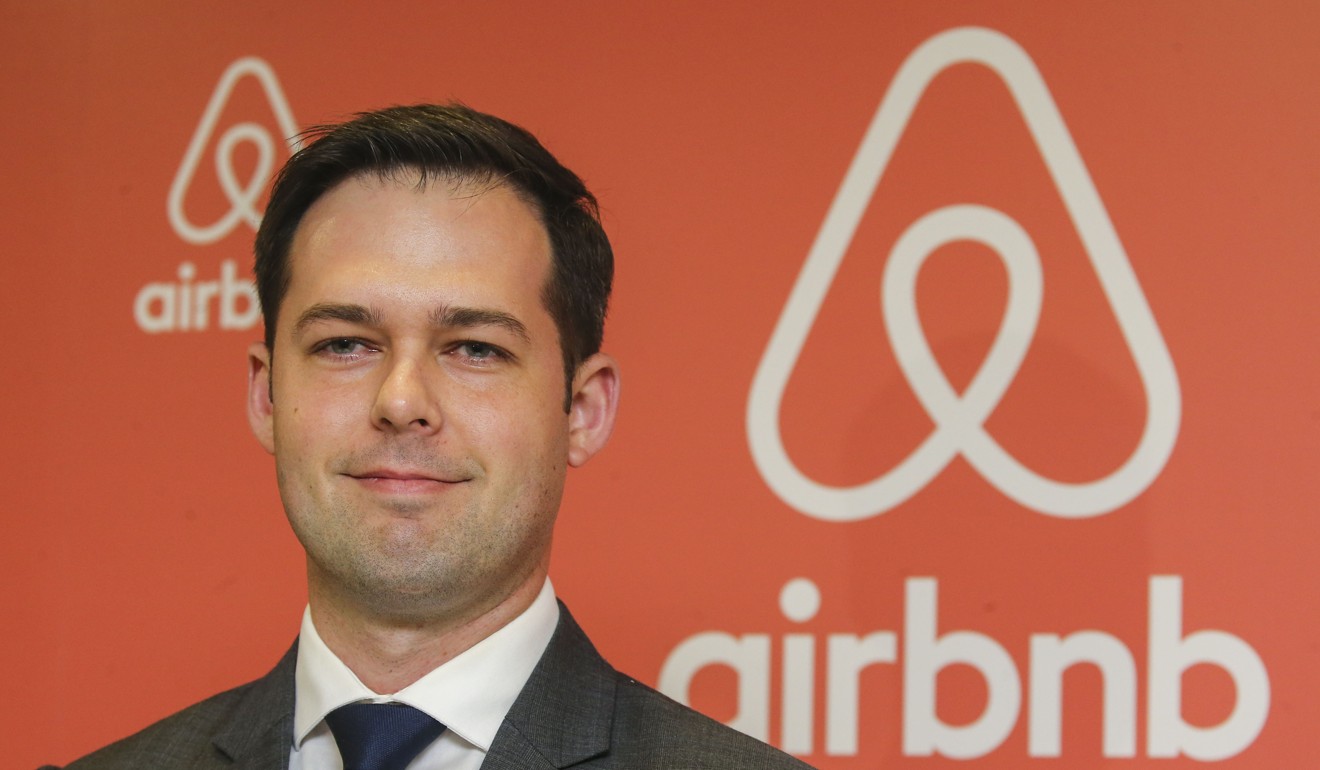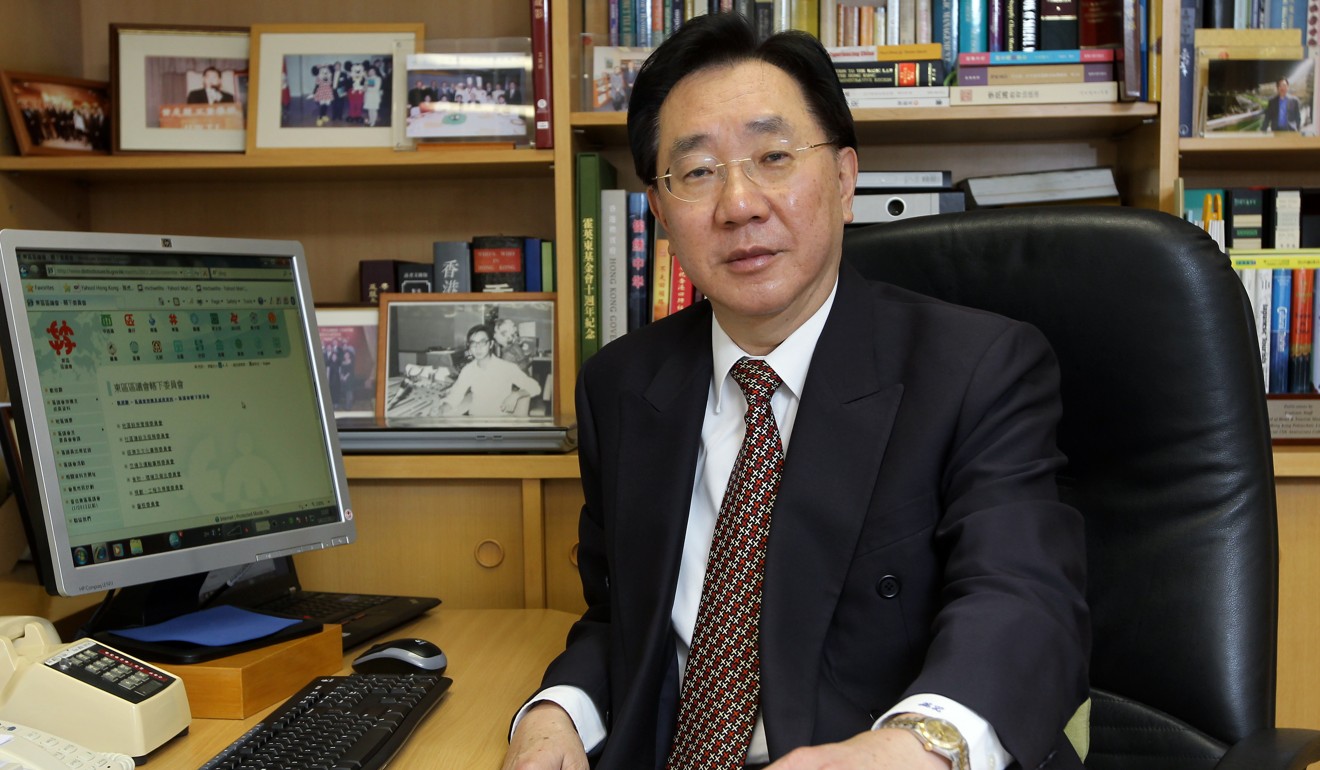Airbnb proposes home-sharing plan for Hong Kong flat owners to earn money and offer tourists ‘a local experience’
Have ‘simple licensing framework’ to keep track of hosts and ensure their premises are safe rather than cracking down on short-term rentals, home-sharing platform urges government

Airbnb has joined forces with a local sharing economy lobby group to convince the government not to crack down on short-term home rentals, arguing that having a “simple licensing framework” for homeowners would allow them to earn money on the side and boost tourism.
Mike Orgill, the home-sharing platform’s public policy director for Asia-Pacific, said the government could require homeowners to register to run their short-term homestay business and commit to guidelines on fire safety and security standards.
Current laws, he said, made it tough for Hongkongers to offer visitors a local experience.
“The law is really restrictive for people to share their homes. This will also be bad for the Hong Kong economy and we are really concerned,” Orgill said, after joining a forum organised by the Sharing Economy Alliance. IT lawmaker Charles Mok is an adviser to the alliance.
Orgill’s comments were the first made by an Airbnb executive on home-sharing in the city, which has been staunchly opposed by hoteliers.
Under the Hotel and Guesthouse Accommodation Ordinance, premises that offer sleeping accommodation for a fee over a period of less than 28 days must be licensed.
But almost all residential property owners advertising on Airbnb and other home-sharing sites are likely to have ignored the law, critics say.
A check on Airbnb on Wednesday found about 9,000 properties from 5,000 hosts in the city were listed as temporary lodgings. Most were flats in apartment blocks.
On average, each host can get about HK$25,000 (US$3,184) in rental income in a year.

This prompted the Federation of Hong Kong Hotel Owners, which represents 90 per cent of the industry, to last month demand for tougher sanctions on Airbnb users – hosts and guests – and allow authorities to raid flats suspected of being unlicensed holiday rentals.
They maintained Airbnb was not their direct competitor, but needed to be opposed “as a matter of principle”.
The Home Affairs Bureau is currently reviewing the law and plans to submit amendments to the Legislative Council later this year.

Under the government’s proposals, if authorities had “circumstantial evidence” but not direct proof, they could still begin criminal proceedings against owners. It also recommends increasing maximum fines for operating unlicensed guest houses from HK$200,000 to HK$500,000 and imprisonment from two years to three years.
On Wednesday, a spokesman for the bureau said: “As the ordinance is technology neutral, it does not regulate how information of premises for rent is displayed, therefore digital platforms... are not the ordinance’s target.”
Last year, about 450,000 visitors used Airbnb for accommodation in Hong Kong, and this generated HK$2.6 billion in economic activity, Orgill said. There were rare incidents of property damage amounting to more than HK$1,000, he added.

Unfortunately under the proposed amendments, the benefits of tourism will remain concentrated in the hands of the few
“Unfortunately under the proposed amendments, the benefits of tourism will remain concentrated in the hands of the few, at the expense of the local residents,” Orgill said, adding that the company would actively seek to “communicate” with the government.
Sharing Economy Alliance convenor Simon Lee weighed in, saying short-term homestay lodging could maximise the use of vacant homes and help cope with the rising demand for temporary housing supply.
Federation of Hong Kong Hotel Owners executive director Michael Li Hon-shing held his ground and insisted on tougher laws to deter home-sharing.

He said the Office of the Licensing Authority, which carries out inspections, found it difficult to obtain the relevant records from online platforms if they needed to proceed with prosecution.
Sting operations, which the authority currently relied on to enforce the ordinance, were “double the effort to get half the results”, Li said.
He added that it was “impossible” for Airbnb to enforce stricter safety standards at their listings, as the flats could be in a variety of buildings, which were subject to different safety requirements.